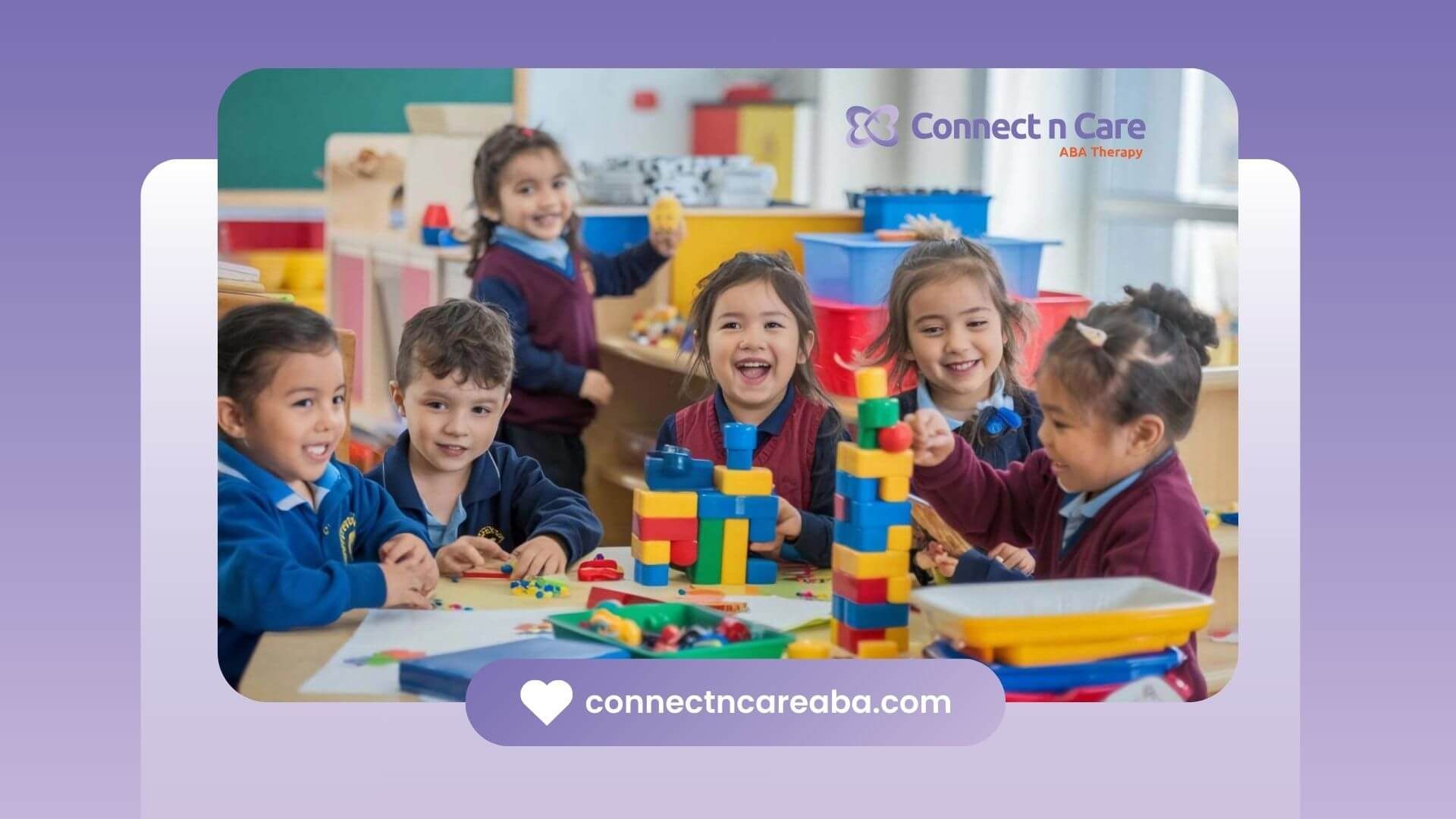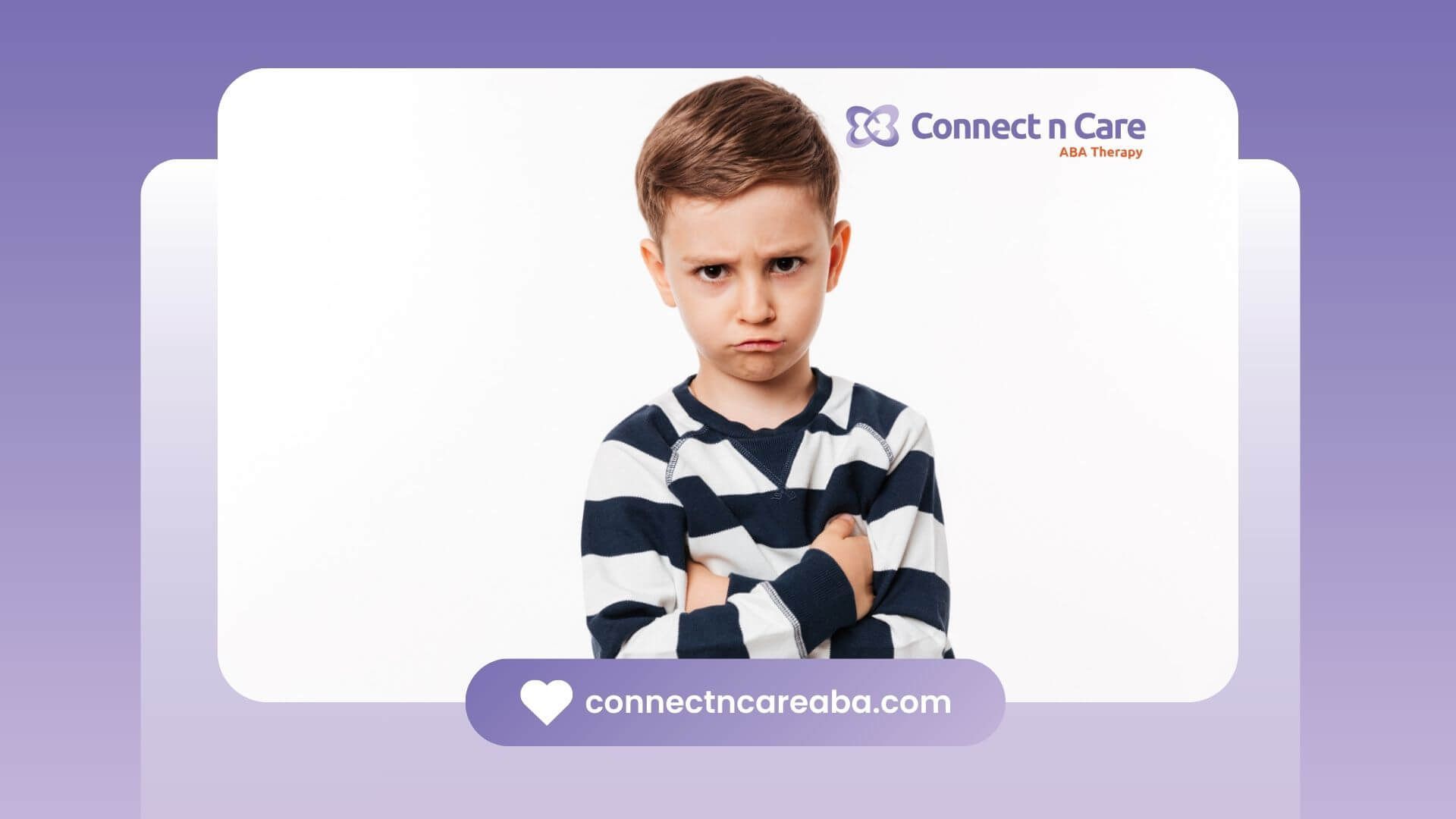Finding activities that engage and support the development of autistic teenagers can be a rewarding yet challenging task. Teenagers with Autism Spectrum Disorder (ASD) often have unique interests and needs, and selecting activities that cater to these can enhance their social skills, creativity, and overall well-being. This comprehensive guide offers a range of activities tailored for autistic teenagers, providing options that are both fun and beneficial.
Understanding the Needs of Autistic Teenagers
Autistic teenagers may experience challenges with social interactions, communication, sensory sensitivities, and changes in routine. However, they also possess unique strengths such as attention to detail, deep focus on interests, and creativity. When selecting activities, it is essential to consider their preferences and sensory sensitivities, ensuring the activities are enjoyable and not overwhelming.
Social Activities
Social activities are crucial for helping autistic teenagers develop communication skills and build relationships. Here are some ideas that encourage social interaction in a supportive environment.
1. Social Skills Groups
Social skills groups provide a structured environment where teenagers can learn and practice social interactions. These groups often focus on specific skills such as making eye contact, initiating conversations, and understanding social cues.
Benefits:
- Enhances communication skills
- Provides a supportive peer group
- Encourages practice of social interactions
2. Clubs and Extracurricular Activities
Joining clubs or extracurricular activities based on the teenager’s interests can provide opportunities for socialization and skill development. Examples include chess club, robotics club, drama club, or art classes.
Benefits:
- Promotes social engagement
- Encourages pursuit of interests
- Develops new skills
3. Peer Mentoring Programs
Peer mentoring programs pair autistic teenagers with neurotypical peers who can provide social support and guidance. These programs foster friendships and help autistic teenagers navigate social situations.
Benefits:
- Builds supportive relationships
- Enhances social skills
- Provides role models
Creative Activities
Creative activities can be an excellent outlet for self-expression and can help autistic teenagers develop fine motor skills, cognitive abilities, and emotional regulation.
1. Art and Craft Projects
Art and craft projects allow teenagers to express themselves creatively. Activities can include drawing, painting, sculpture, and DIY crafts. Providing a variety of materials and tools can cater to different sensory preferences.
Benefits:
- Encourages self-expression
- Develops fine motor skills
- Enhances focus and concentration
2. Music and Dance
Music and dance can be highly engaging for autistic teenagers. Playing an instrument, singing, or participating in dance classes can help with coordination, rhythm, and emotional expression.
Benefits:
- Promotes emotional expression
- Enhances coordination and rhythm
- Provides sensory stimulation
3. Photography
Photography allows teenagers to explore their environment and capture moments of interest. This activity can be calming and provides an opportunity to focus on details.
Benefits:
- Encourages exploration
- Enhances focus on details
- Promotes creativity
Physical Activities
Physical activities are essential for the overall health and well-being of autistic teenagers. They help with physical fitness, coordination, and can also have a calming effect.
1. Swimming
Swimming is a low-impact exercise that provides sensory input and can be calming for many autistic individuals. It also helps with coordination and muscle strength.
Benefits:
- Provides sensory input
- Enhances coordination and muscle strength
- Can be calming and relaxing
2. Martial Arts
Martial arts such as karate, judo, or taekwondo offer structured physical activity that can help with discipline, coordination, and self-control. Many martial arts programs are inclusive and supportive of individuals with autism.
Benefits:
- Promotes discipline and self-control
- Enhances coordination and physical fitness
- Provides a supportive community
3. Yoga and Mindfulness
Yoga and mindfulness exercises can help autistic teenagers with relaxation, focus, and body awareness. These activities can be adapted to individual needs and preferences.
Benefits:
- Promotes relaxation and stress relief
- Enhances focus and concentration
- Improves body awareness
Sensory Activities
Sensory activities are designed to engage the senses and can help with sensory integration, regulation, and overall sensory processing.
1. Sensory Bins
Sensory bins filled with materials such as rice, beans, sand, or water beads can provide tactile stimulation and encourage exploration. Adding small toys or objects can make the activity more engaging.
Benefits:
- Provides tactile sensory input
- Encourages exploration
- Enhances fine motor skills
2. Fidget Toys and Tools
Fidget toys and tools such as stress balls, fidget spinners, and putty can help autistic teenagers self-regulate and focus. These tools can be especially helpful during tasks that require concentration.
Benefits:
- Promotes self-regulation
- Enhances focus and concentration
- Provides sensory input
3. Sensory Rooms
Creating a sensory room at home or utilizing community sensory rooms can provide a safe space for sensory exploration. These rooms often include items like weighted blankets, sensory lighting, and calming sounds.
Benefits:
- Provides a safe space for sensory exploration
- Promotes relaxation and stress relief
- Enhances sensory processing
Educational Activities
Educational activities can support the cognitive development of autistic teenagers and provide opportunities for learning and skill-building in a fun and engaging way.
1. Science Experiments
Hands-on science experiments can be highly engaging and educational. Simple experiments can be conducted at home or through science clubs and programs.
Benefits:
- Encourages curiosity and exploration
- Enhances cognitive skills
- Provides hands-on learning opportunities
2. Puzzle and Logic Games
Puzzles and logic games such as jigsaw puzzles, Sudoku, and strategy games can help develop problem-solving skills and cognitive abilities.
Benefits:
- Promotes problem-solving skills
- Enhances cognitive development
- Provides a sense of accomplishment
3. Reading and Storytelling
Reading books and engaging in storytelling activities can enhance language skills and imagination. Autistic teenagers may enjoy books on specific interests or genres.
Benefits:
- Enhances language and literacy skills
- Promotes imagination and creativity
- Provides a calming activity
Outdoor Activities
Outdoor activities provide opportunities for physical exercise, sensory exploration, and social interaction in a natural setting.
1. Hiking and Nature Walks
Hiking and nature walks allow teenagers to explore the outdoors, enjoy fresh air, and engage in physical activity. These activities can be calming and provide sensory experiences.
Benefits:
- Promotes physical fitness
- Provides sensory input from nature
- Encourages exploration and discovery
2. Gardening
Gardening can be a therapeutic activity that involves planting, watering, and caring for plants. It provides sensory experiences and a sense of accomplishment.
Benefits:
- Provides tactile and sensory input
- Promotes responsibility and care
- Enhances connection with nature
3. Sports and Physical Games
Participating in sports and physical games such as soccer, basketball, or frisbee can help with coordination, teamwork, and social interaction. Many communities offer adaptive sports programs.
Benefits:
- Enhances physical fitness and coordination
- Promotes teamwork and social skills
- Provides structured physical activity
Conclusion
Engaging autistic teenagers in a variety of activities that cater to their interests and needs can significantly enhance their development, well-being, and quality of life. By offering a mix of social, creative, physical, sensory, educational, and outdoor activities, caregivers can help autistic teenagers thrive and discover their strengths and passions.
At Connect n Care, we are dedicated to supporting autistic teenagers and their families with tailored activities and therapies that promote growth and development. Our team of experts is here to provide guidance and resources to help you find the best activities for your teenager. Contact us today to learn more about our services and how we can support your journey.









